Spain
Ecological control of adventitious plants in agricultural crops
The CONTECAD regional Operational Group (OG) was a Galician (NW Spain) project whose global objective was the validation of the effectiveness of the use of essential oils as natural control products for adventitious plants in horticultural crops in Galicia, applying them under their own formulation.
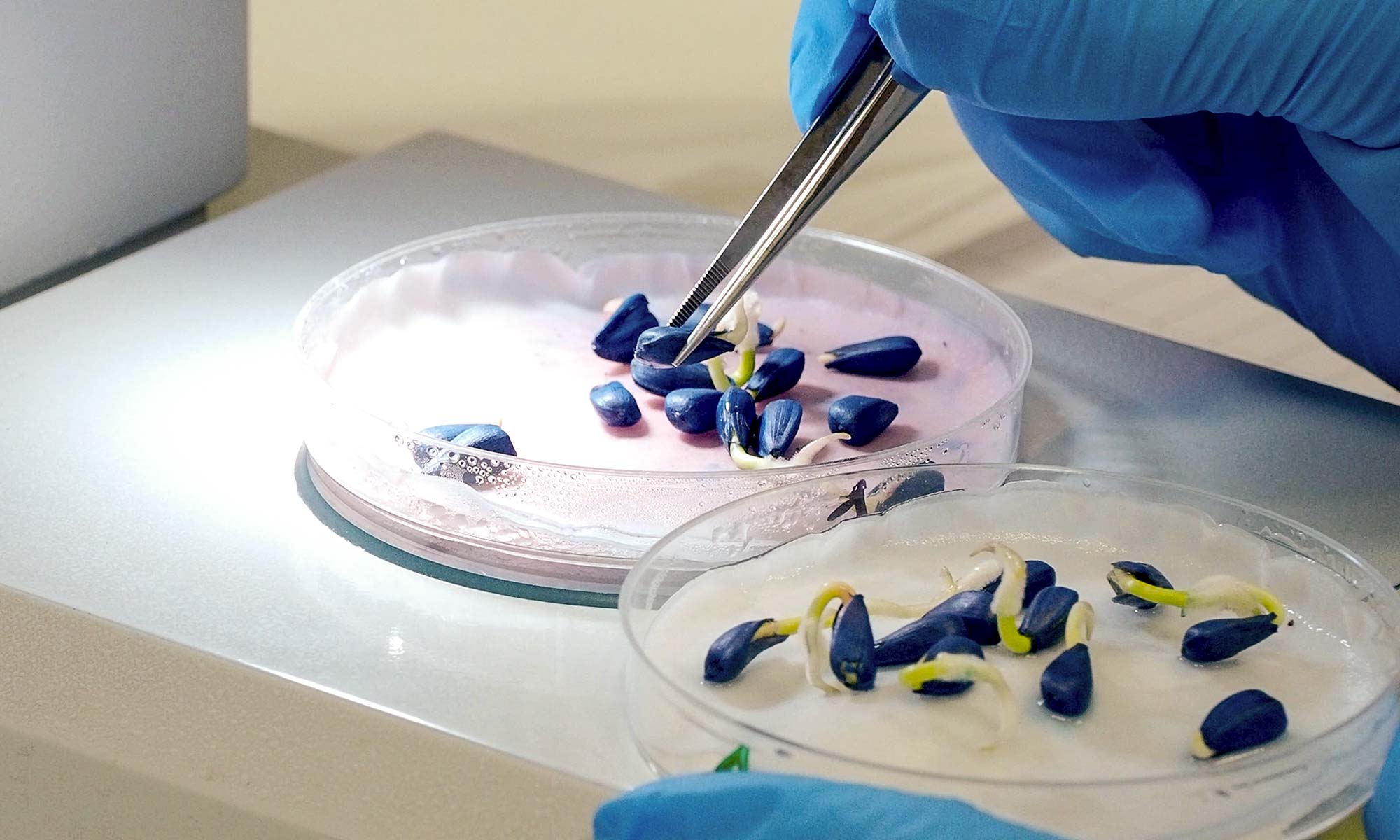
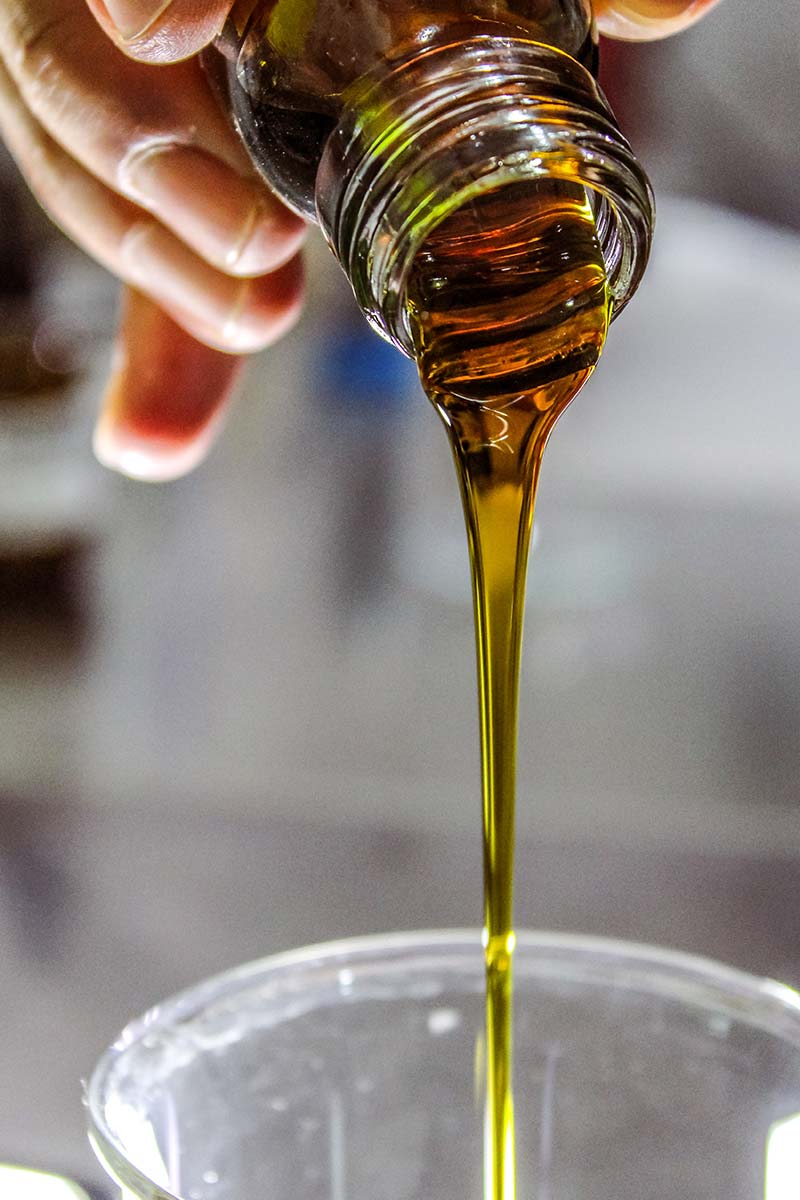
In addition, the CONTECAD operational group evaluated the compatibility of these oils with some commonly used insecticides as part of the crop phytosanitary control strategies integrated within an application protocol, defining the technical specifications (dosage, compatibility with insecticides, application conditions, particular requirements for certain dominant adventitious species) for their use in organic agriculture. The CONTECAD project was coordinated by the company Agricultura y Tecnología Agrotecnia S.L., the research groups of agroecology and agroforestry, new synthetic methodologies and applied botany within the University of Santiago de Compostela, and the Fundación Empresa Universidad Gallega (FEUGA). The operational group was based on the use of two essential oils based on Origanum vulgare L. one, and in Thymus zygis Loefl. Ex L. extracts.
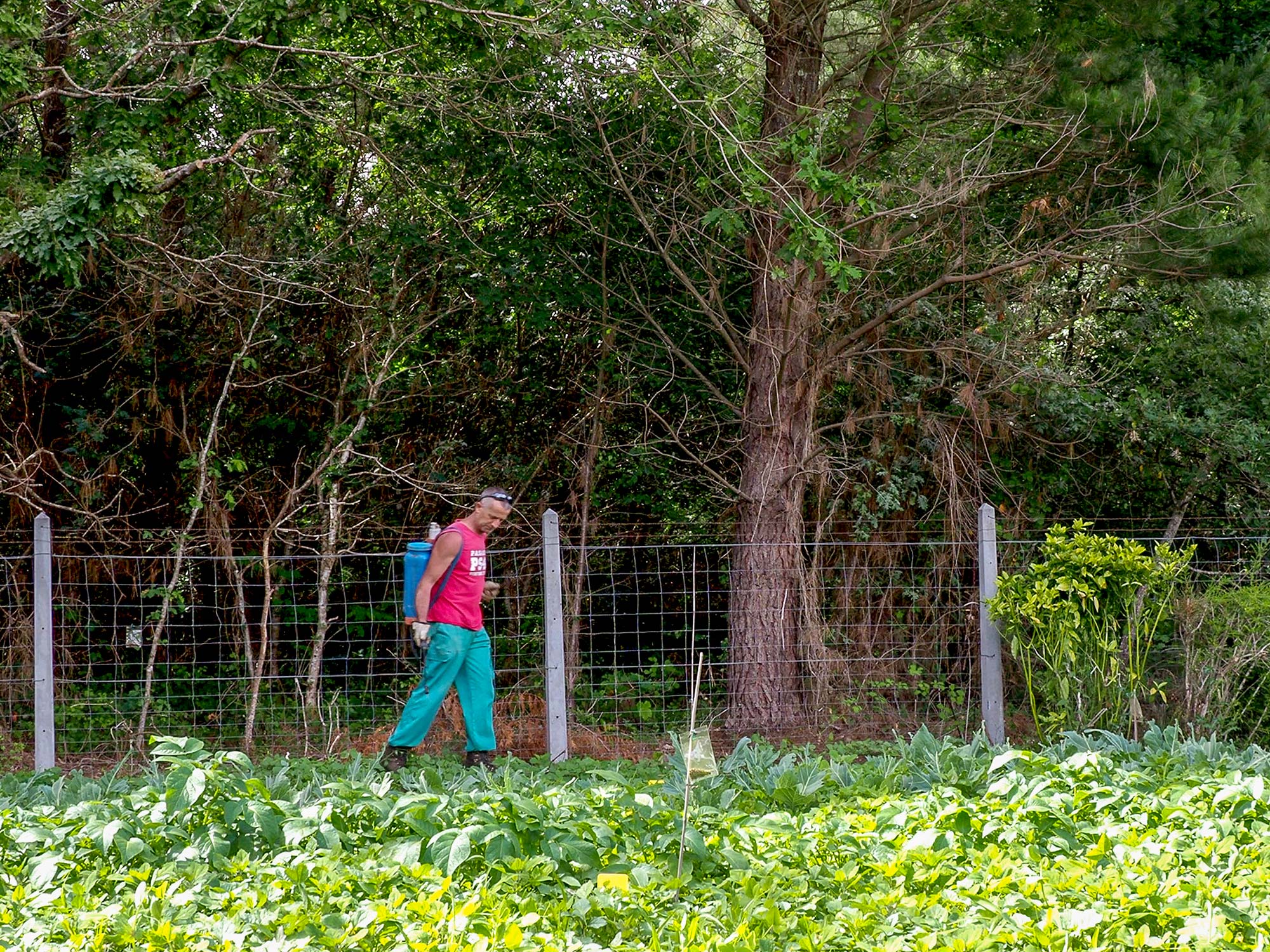
Which were the objectives of CONTECAD?
The specific objectives of the project were:
1.) Evaluate and validate the potential of essential oils as germination inhibitors of new adventitious plans in the field.
2.) Develop formulations based on essential oils for field application.
3.) Define protocols natural weed control products applications.
4.) Assess the technical and economic viability of the new product and their effects on horticultural crops.
The interest of the new natural control products lies in their application in the horticultural sector, where there are no products offered for the control of adventitious plants with natural formulation that can be used under organic (sustainable and eco-innovative weed control). Organic farming does not allow the use of synthetic phytosanitary products and we do not have authorized natural products to control weeds.
Which ones were the target groups?
The CONTECAD project headed its results to all agents in the agricultural sector:
Farmers
Livestock farmers, cooperatives and agricultural and livestock exploitation companies
Manufacturers and/or distributors of phytosanitary products
Research centres
Public administrations related to agriculture, environment and rural development
Which activities were carried out within the CONTECAD?
To carry out the experiments, two essential oils were employed based on Origanum vulgare L. and in Thymus zygis Loefl. Ex L.
1.) Formulation of the natural product obtained from naturally produced oils.
2.) Preliminary laboratory trials to establish the basis for the introduction of essential oils for adventitious plant natural control in orchards and vegetable crops.
3.) Greenhouse and field trials for the verification and validation of the efficacy of the natural control products for adventitious plants to evaluate these product impacts on the fruit and vegetable yields.
4.) Establishment of recommended dosage.
5.) Application protocols development including an economic validation.
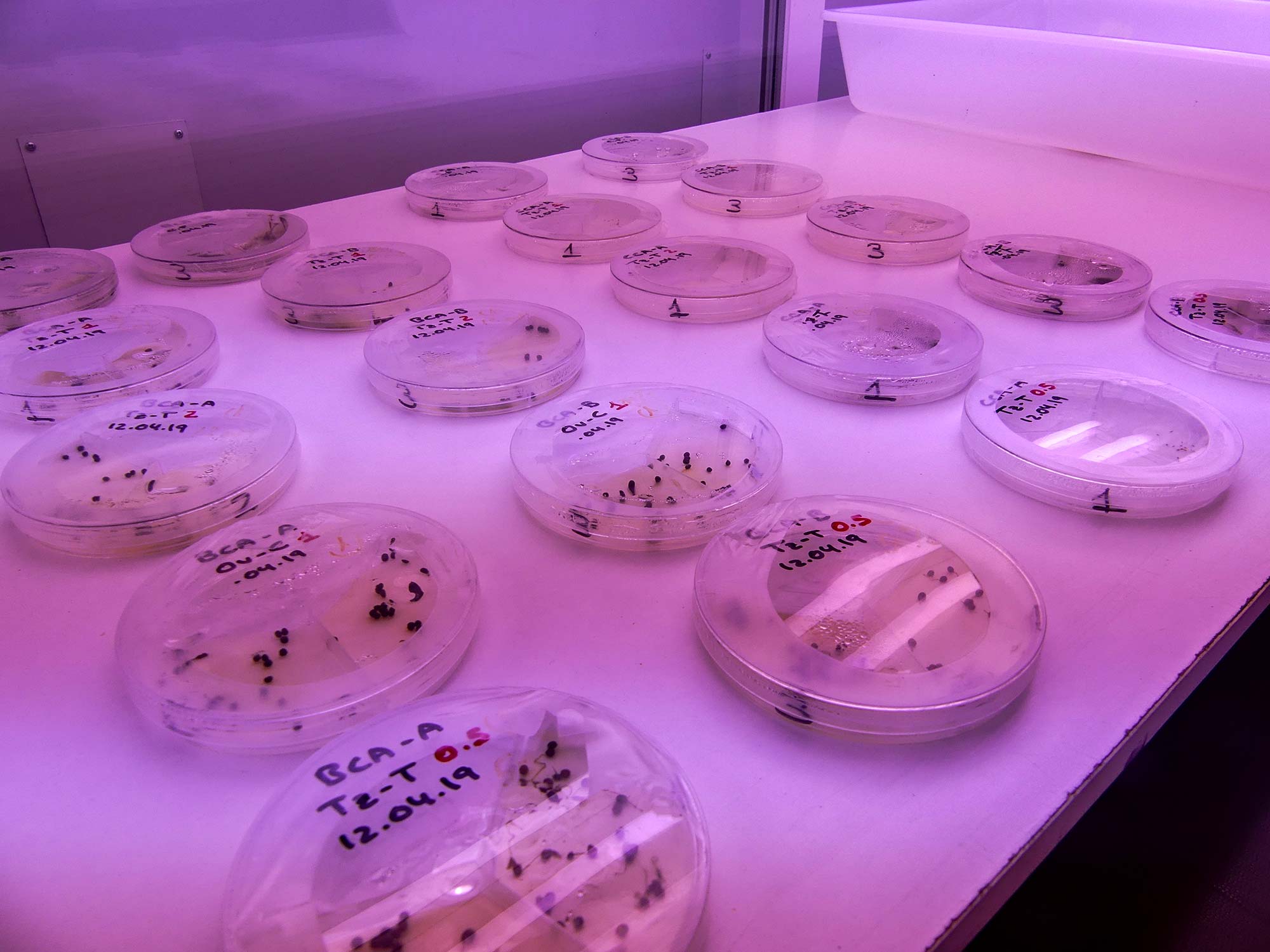

The results from ex-situ evaluation
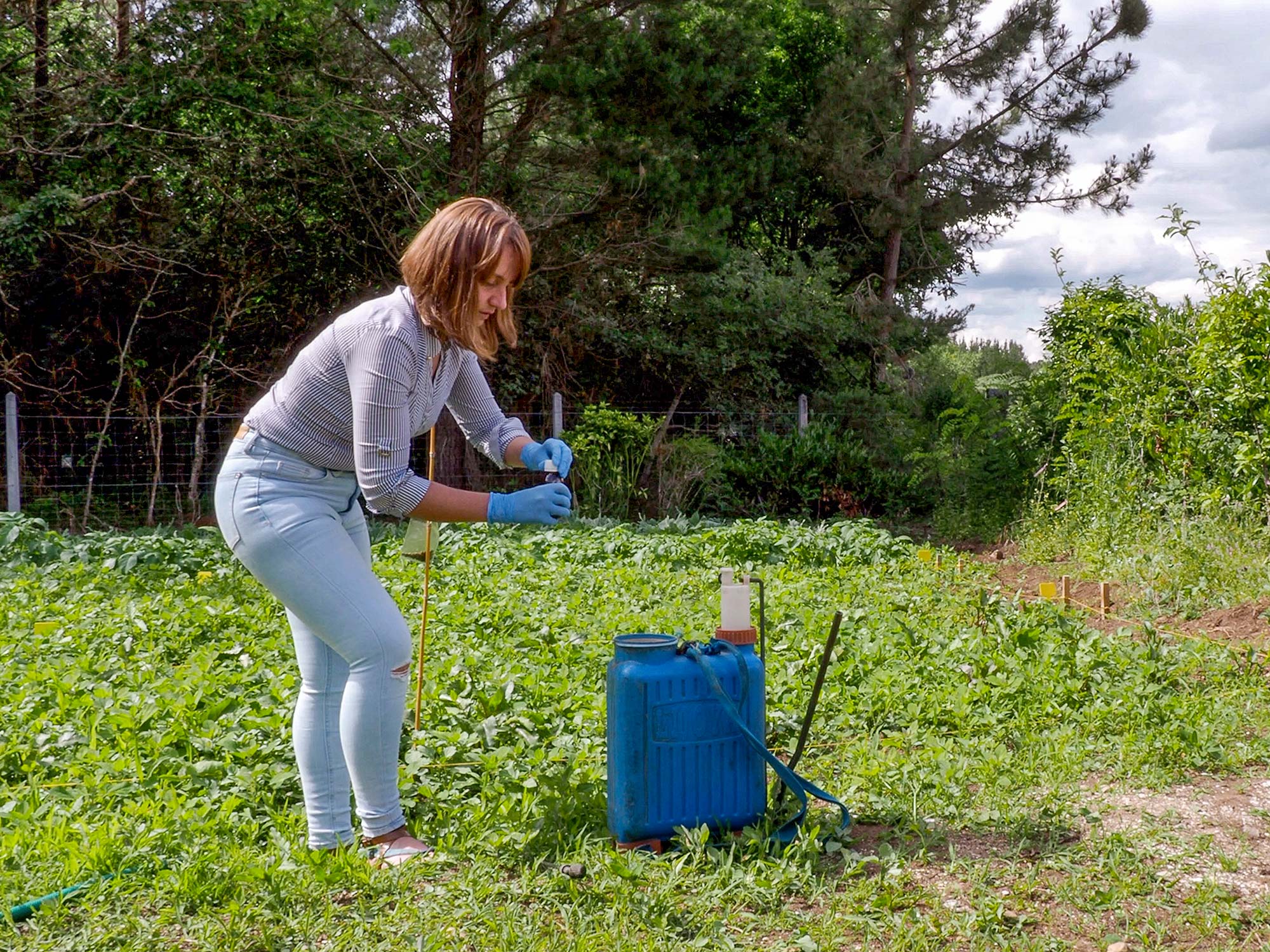
The ex-situ evaluation of the 2 products obtained from the CONTECAD own formulation confirmed their potential as inhibitors of the germination of weed species, reducing the density of new seedlings and maintaining their effect in the first weeks of cultivation.
The natural products obtained by means of the CONTECAD own formulation have shown their potential to be implemented through a standard protocol in the integrated control strategy for orchards and vegetable crops.
For additional information
You can send an email to antonio.rigueiro@usc.es, administracion@agrotecnia.net or call Agrotecnia on +34 982214080.


